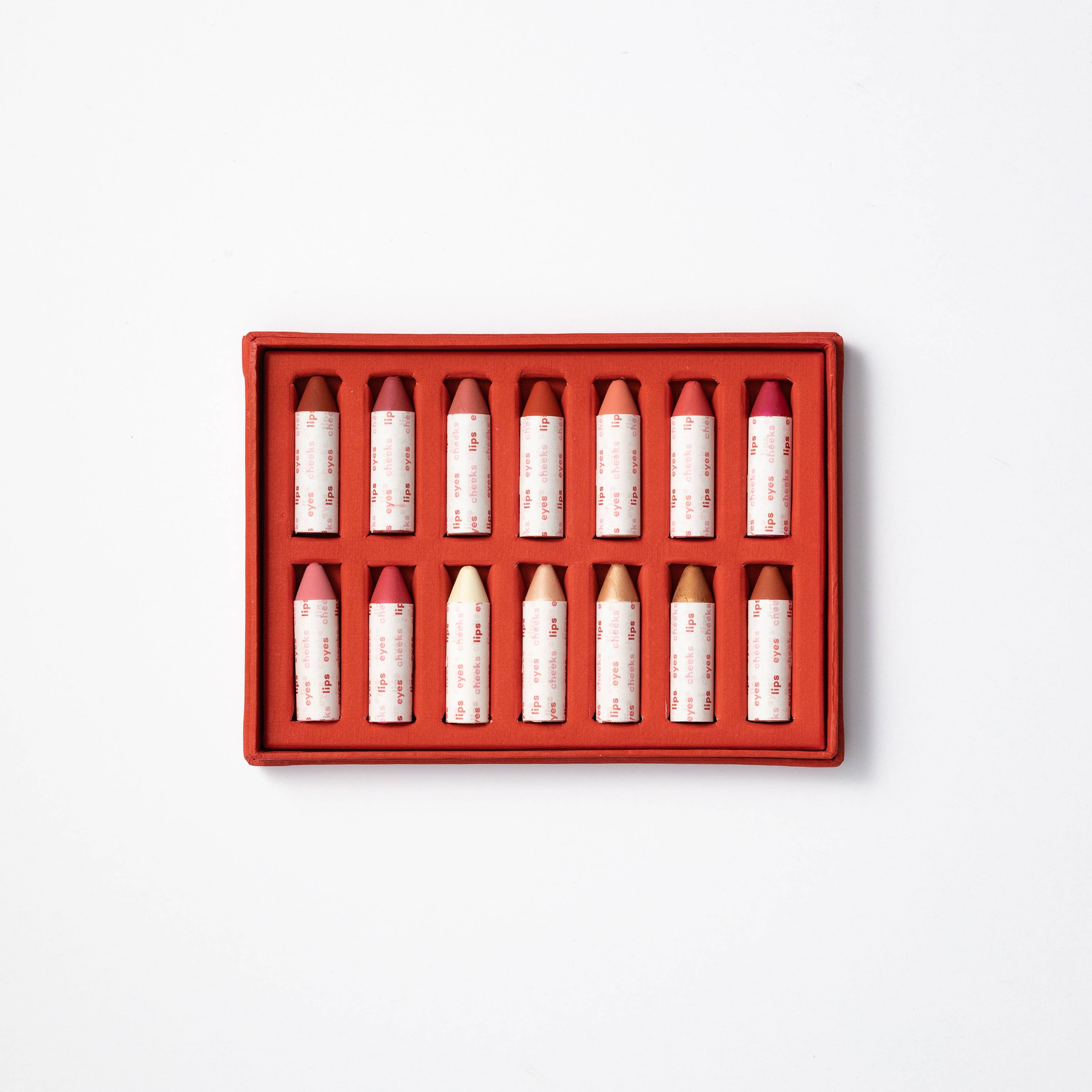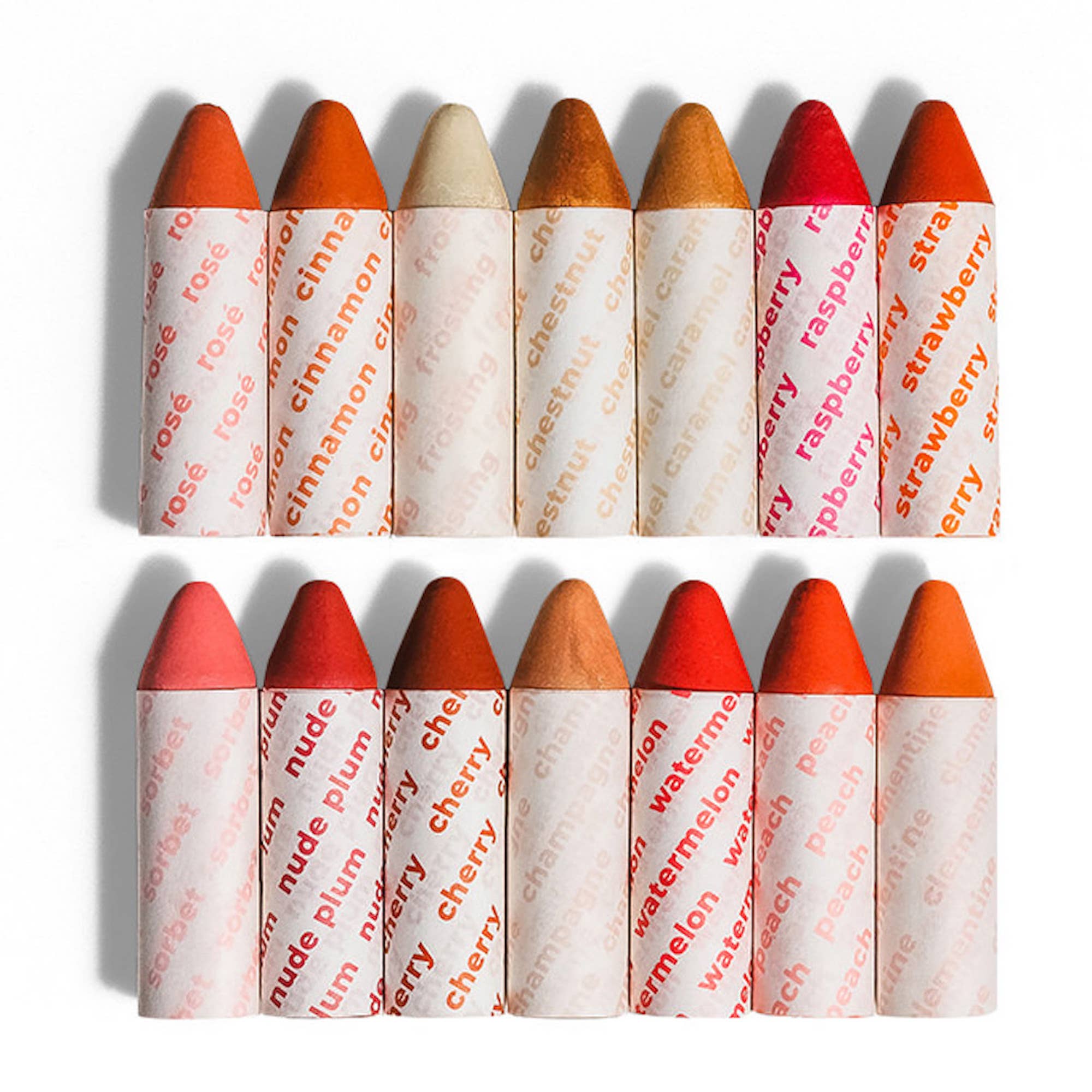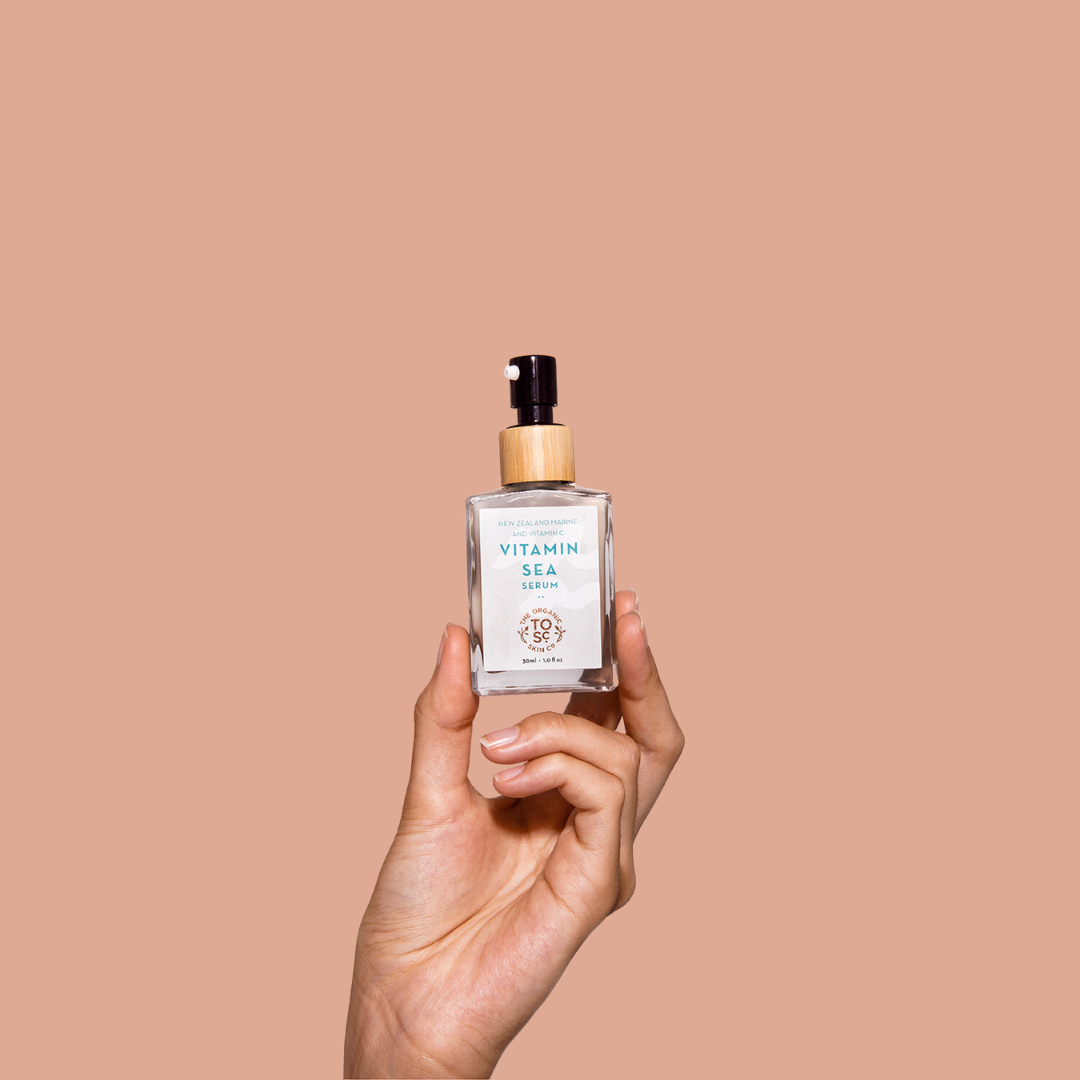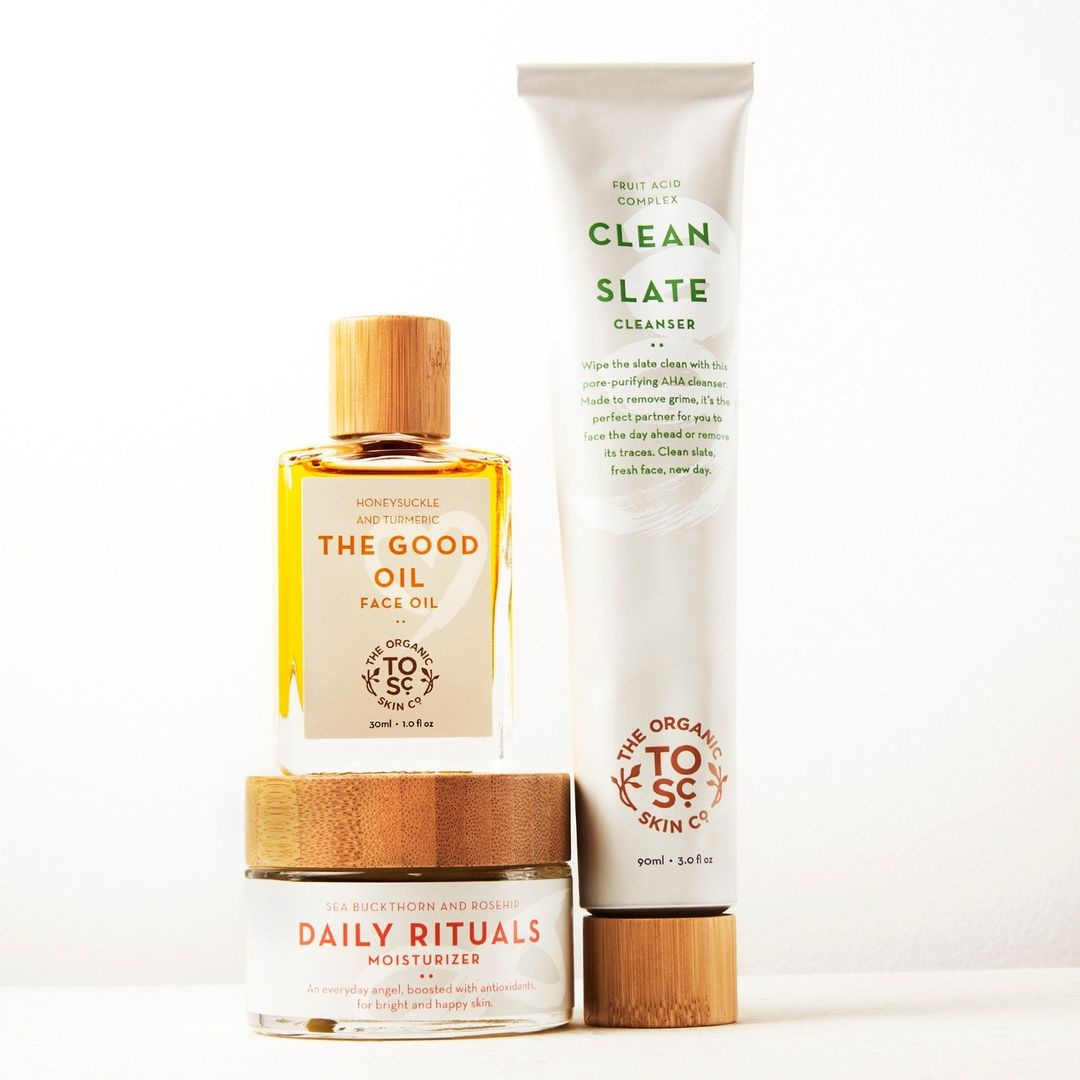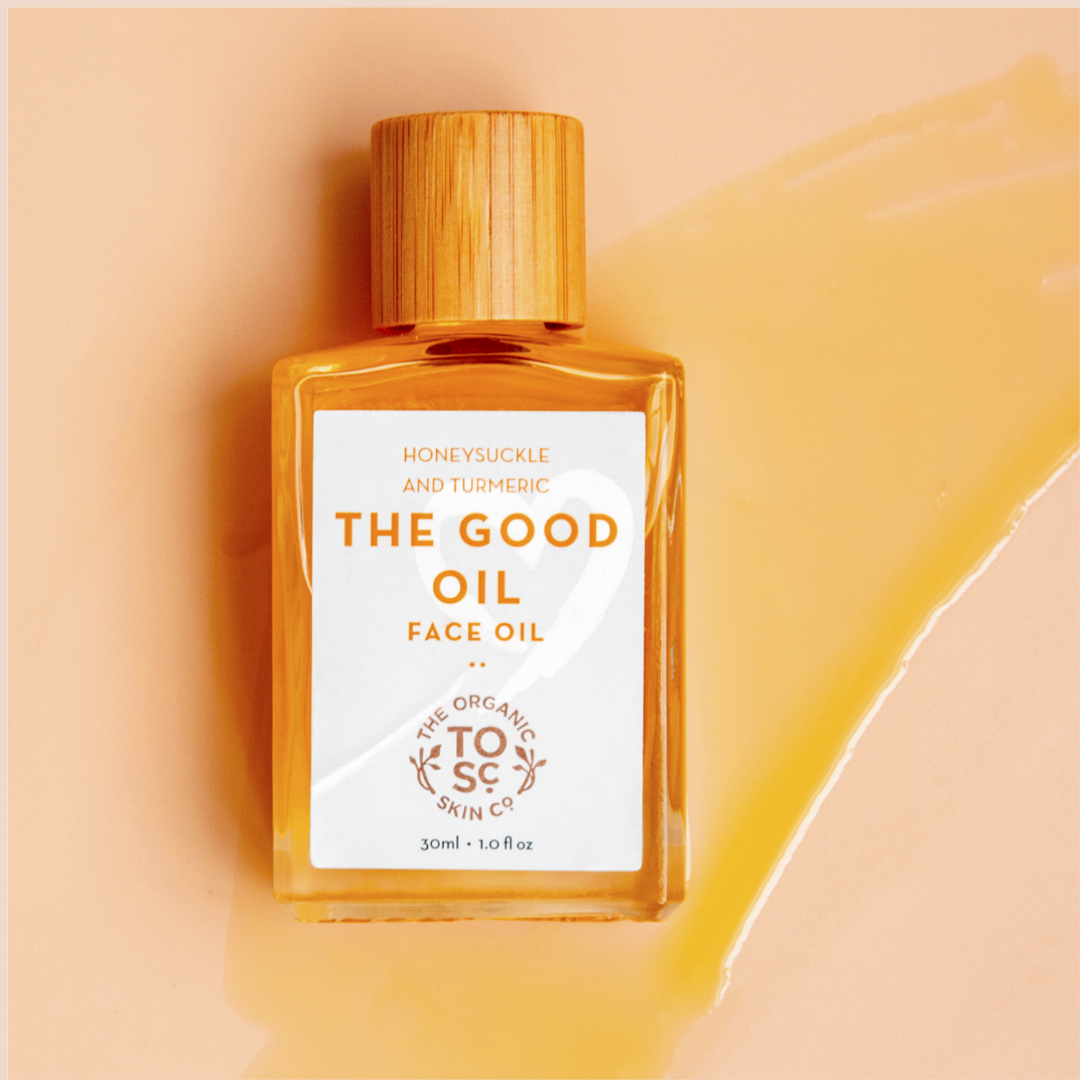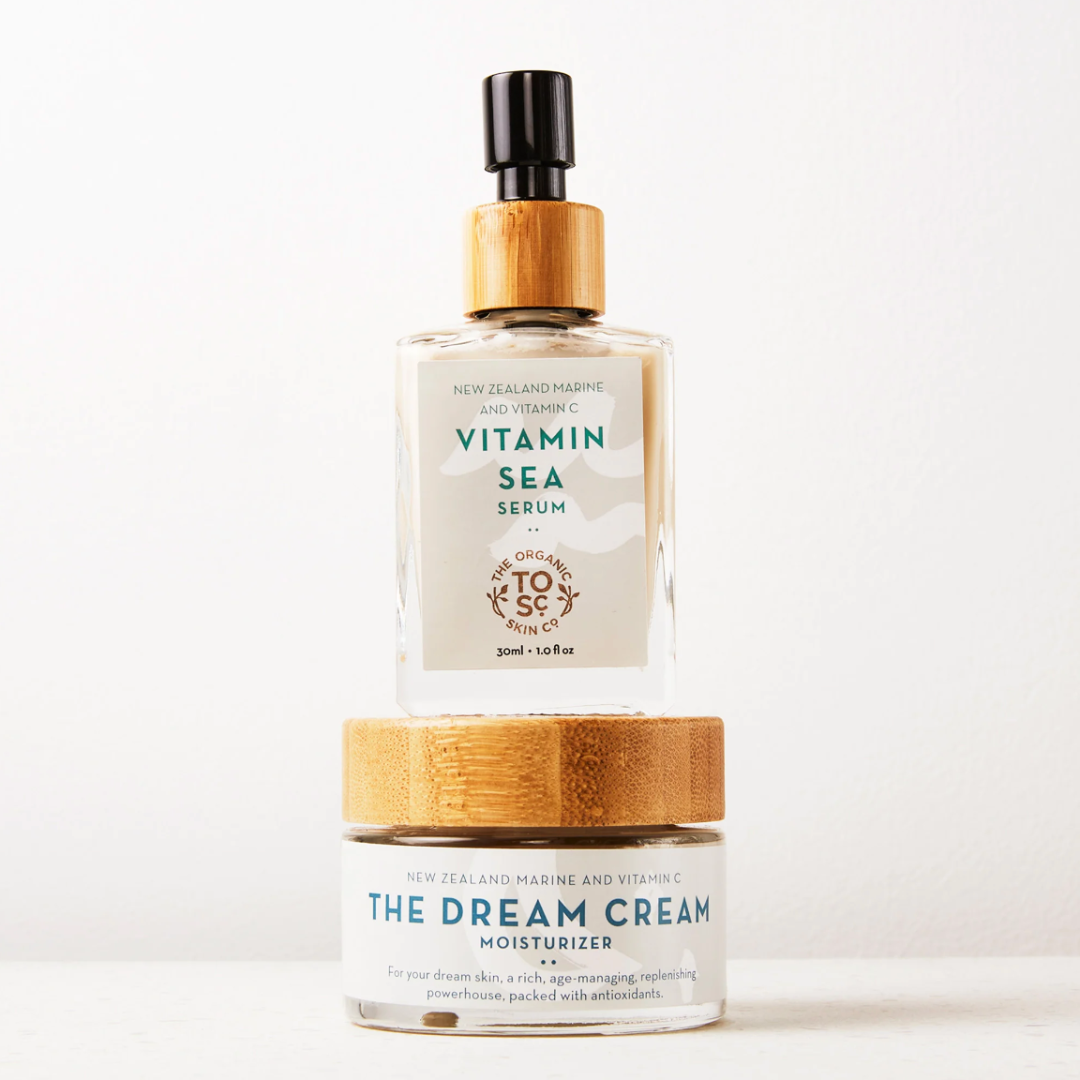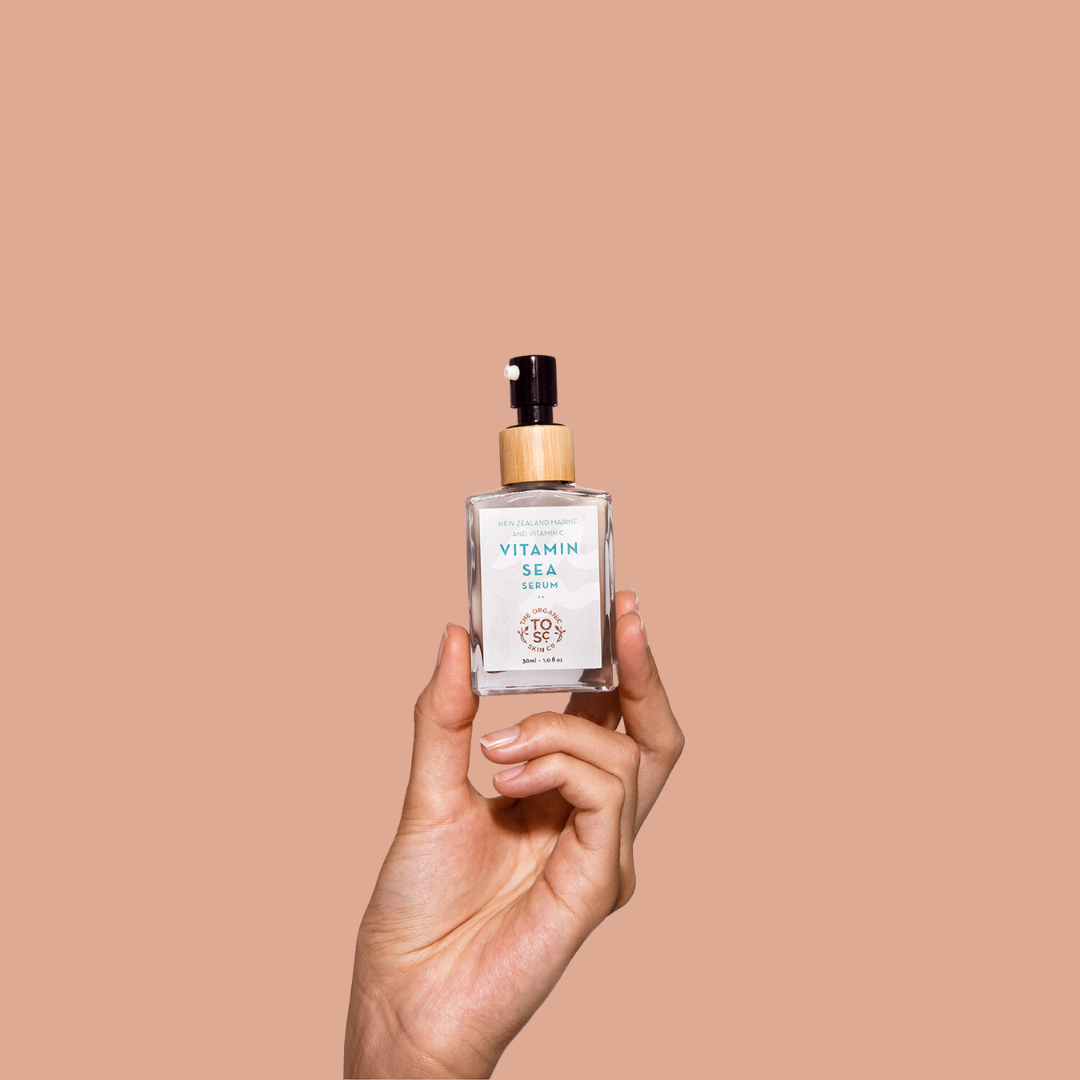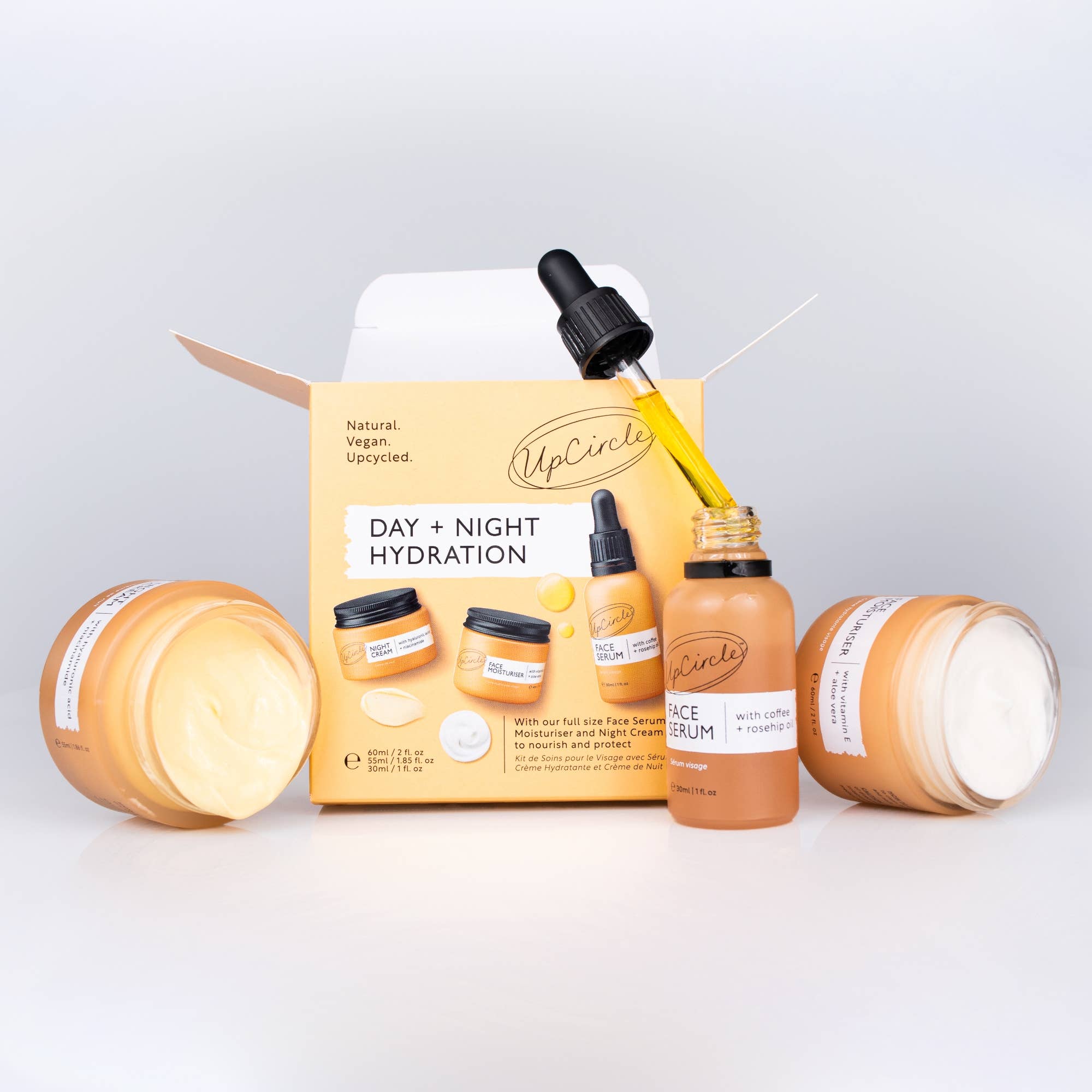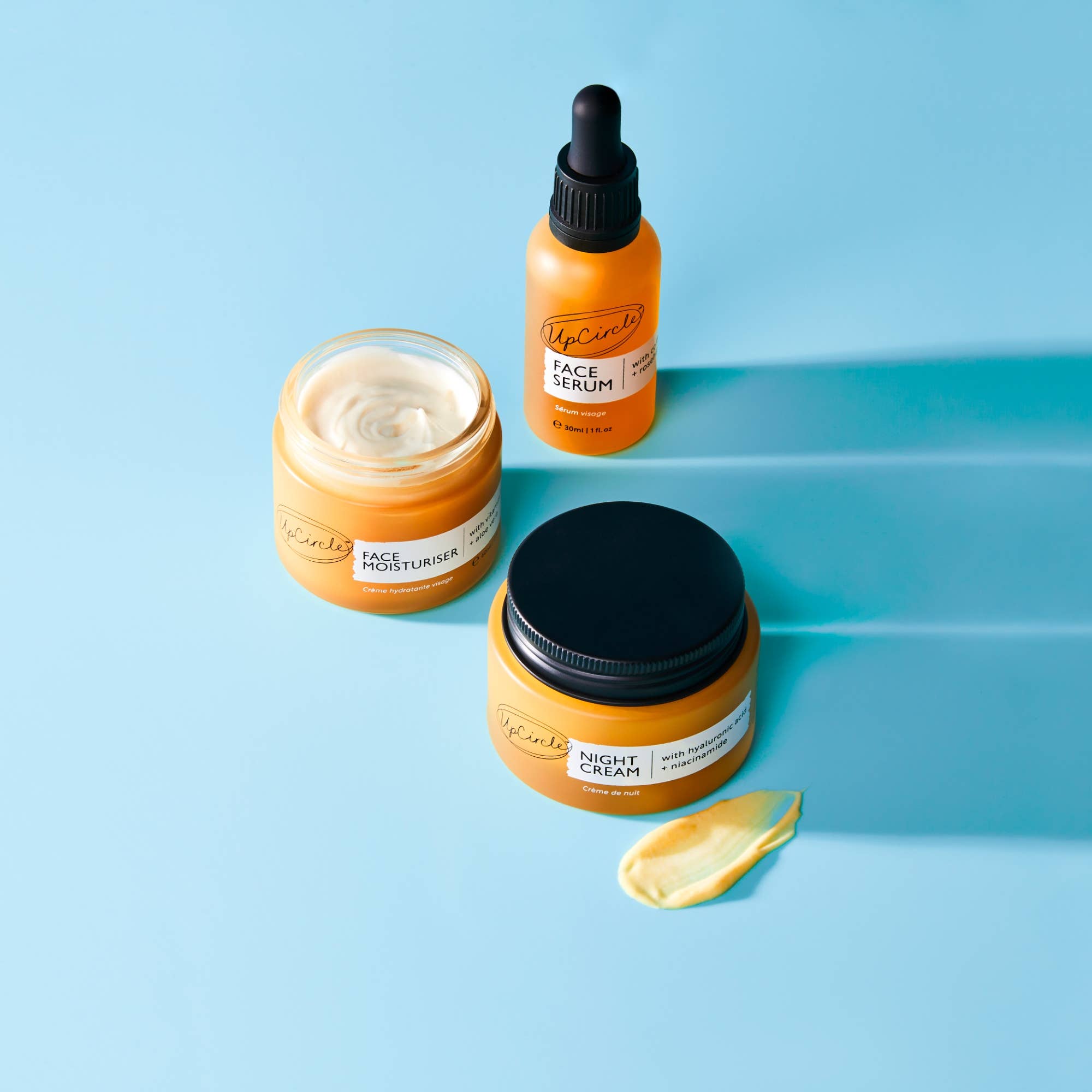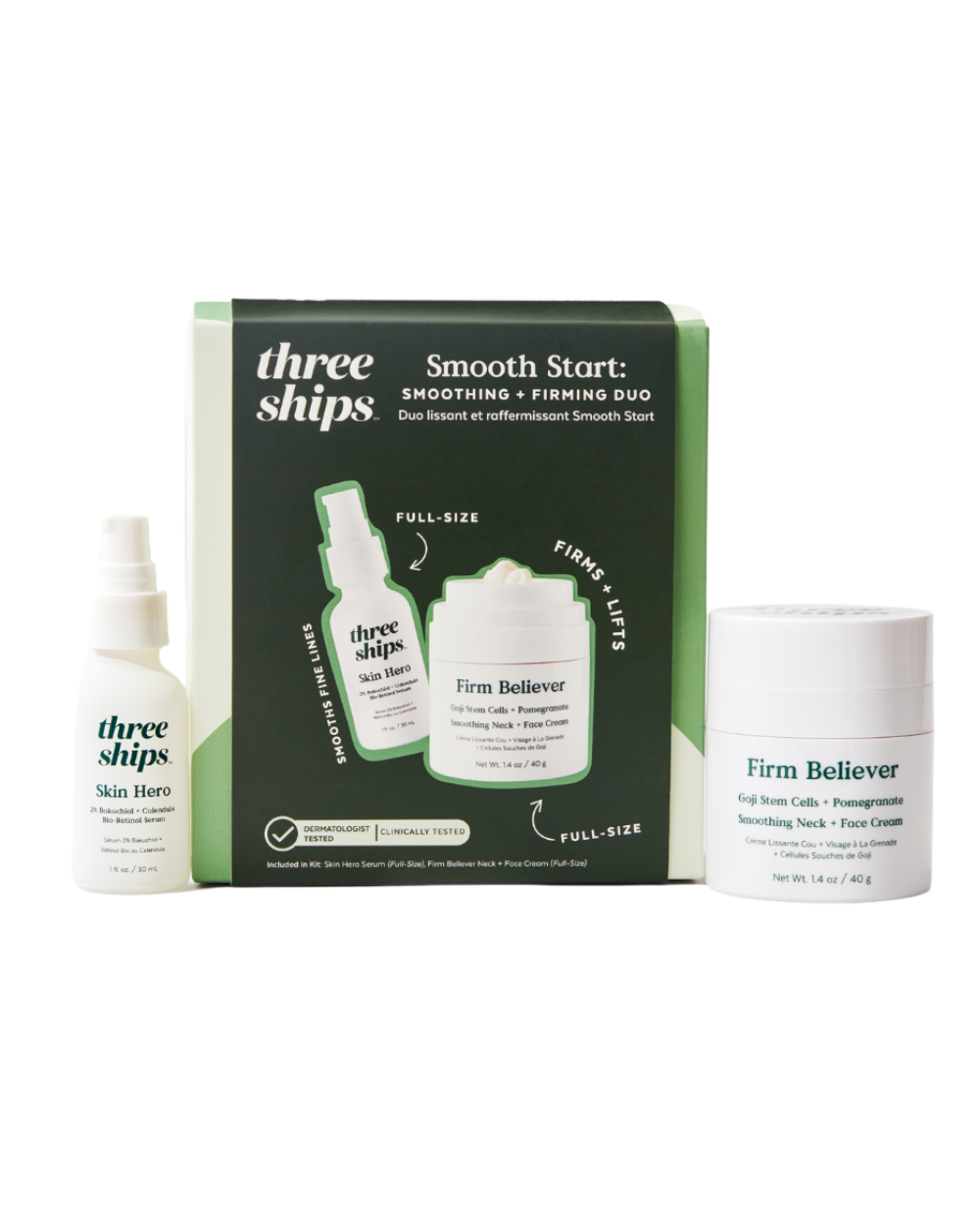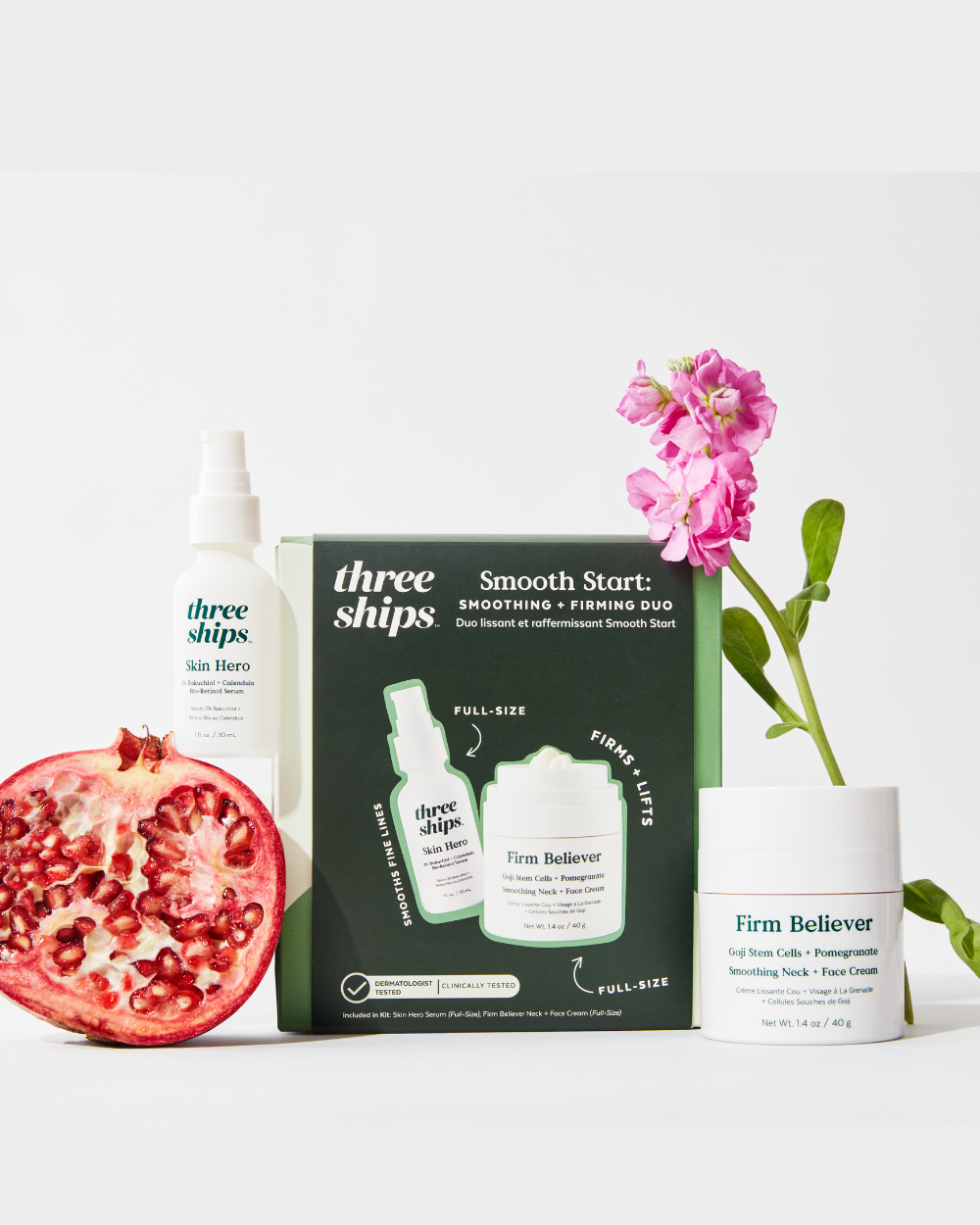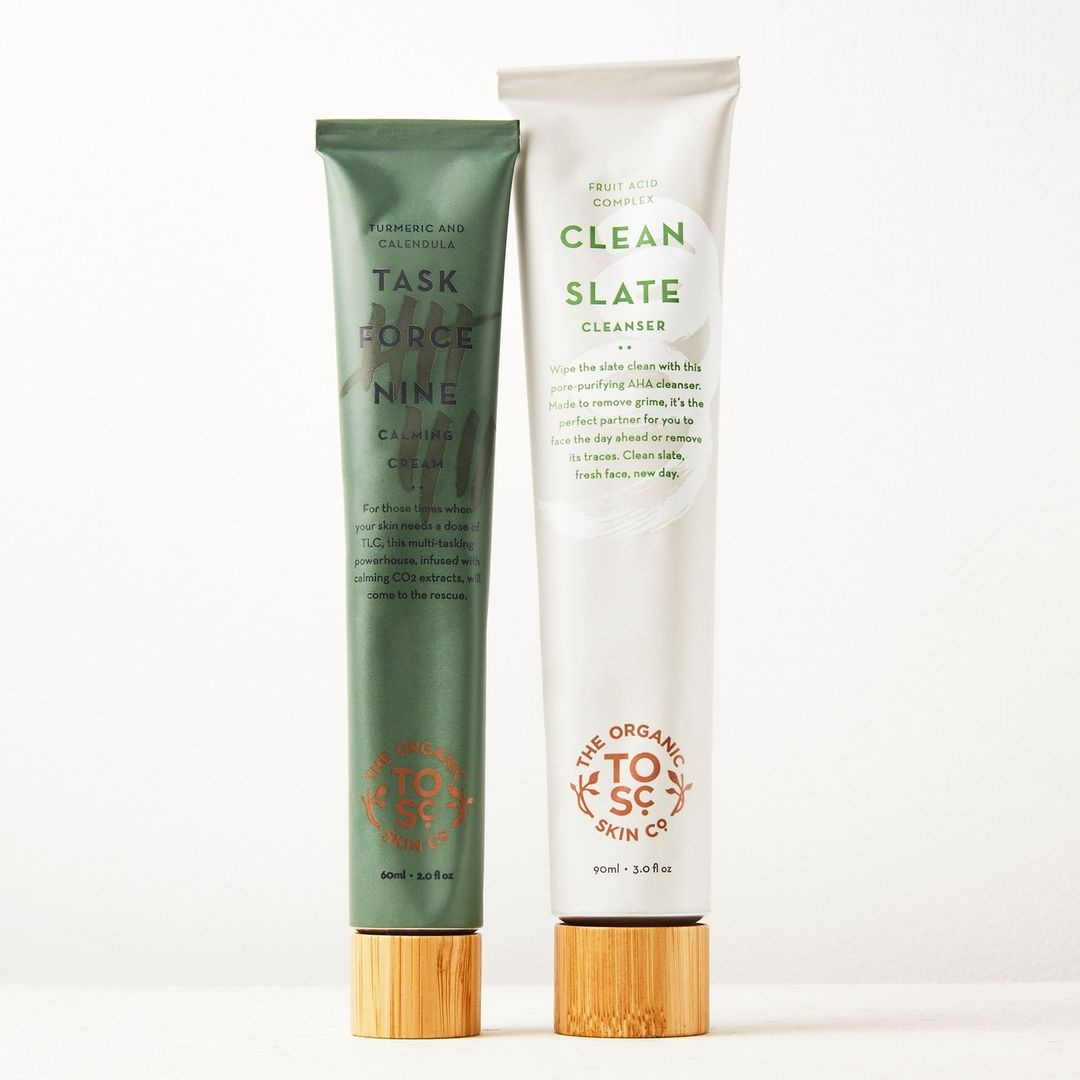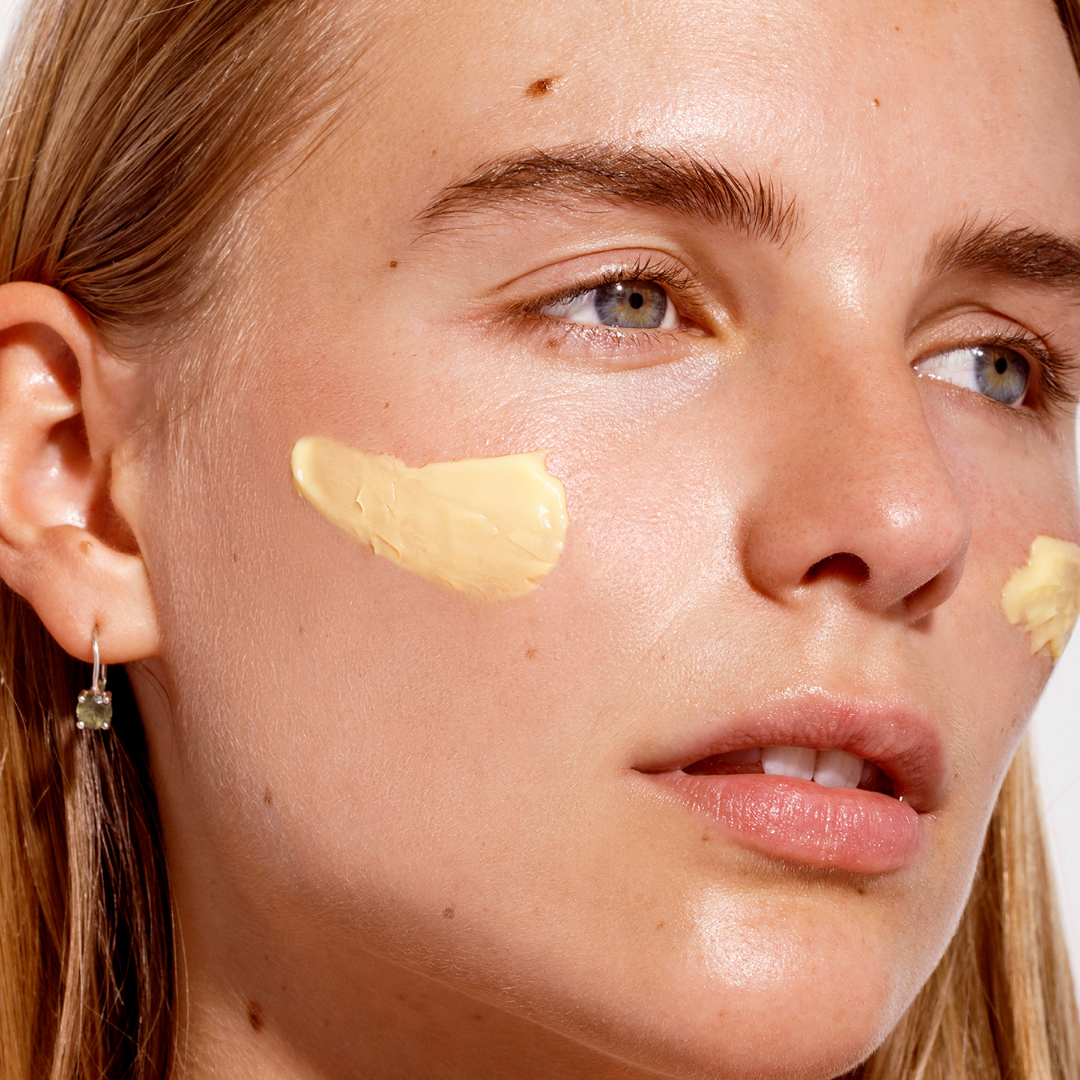During pregnancy, skin undergoes a variety of changes due to hormonal fluctuations, increased blood flow, and changes in melanin production. These changes can affect the skin in both positive and negative ways. Here’s a breakdown of common skin changes during pregnancy:
1. Pregnancy Glow ✨
Increased blood flow and hormonal changes can lead to a radiant complexion. Many women experience a natural "glow" thanks to this enhanced circulation, which can make the skin look plumper, more hydrated, and brighter. This is often one of the most talked-about skin benefits during pregnancy!
2. Hyperpigmentation 🌞
Hormonal fluctuations can lead to increased melanin production, resulting in areas of darker skin. This condition is known as melasma or the "mask of pregnancy," which typically appears on the forehead, cheeks, and upper lip. You may also notice darkening of the areolas and linea nigra (the dark line that runs down the center of the abdomen). It's important to wear sunscreen to protect these areas and prevent further darkening.
3. Stretch Marks 🤰
As the body grows and stretches during pregnancy, the skin can become more prone to stretch marks, especially on the belly, breasts, thighs, and hips. Stretch marks occur when the skin stretches too quickly, causing small tears in the dermis layer. Regular moisturizing and using products that support skin elasticity may help minimize their appearance.
4. Acne 😓
Hormonal changes during pregnancy can lead to an increase in oil production, which can clog pores and cause breakouts, especially in the first trimester. This is especially common for women who are prone to acne. The surge in progesterone can make the skin oilier and more susceptible to breakouts, but the right skincare routine can help manage and balance oil production.
5. Dry Skin & Itchy Skin 🧴
With increased blood volume and hormonal shifts, some women experience dry or itchy skin during pregnancy, particularly on the abdomen as it stretches. The skin may become more sensitive to external factors, such as weather changes or hot showers. A richer moisturizer and body oils can help soothe and protect the skin.
6. Varicose Veins 🦵
Pregnancy causes an increase in blood flow, which can lead to varicose veins or spider veins, especially in the legs. These can occur due to the pressure from the growing uterus on the veins. While they’re often temporary and go away after childbirth, managing circulation and wearing compression garments may help ease discomfort.
7. Sensitive Skin 💆♀️
Due to hormonal changes, many women find that their skin becomes more sensitive during pregnancy. Products that were once safe for use may now cause irritation or allergic reactions. It’s important to choose gentle, non-irritating skincare products and to do a patch test before applying any new product to your face or body.
8. Enlarged Pores 🧴
Pregnancy can also lead to enlarged pores, especially if you’re experiencing breakouts or excess oil production. Hormonal shifts can cause the skin to produce more sebum, which can clog pores and lead to them becoming more noticeable. Keeping pores clean and balanced with gentle cleansers and exfoliation is key.
9. Increased Sweating 💦
The surge in blood circulation and the body’s efforts to regulate temperature can lead to increased perspiration during pregnancy. This can make the skin feel oily or even lead to heat rashes in some women. Keeping the skin clean and hydrated while using lightweight, breathable products can help.
10. Changes in Hair Growth 💇♀️
Some women experience thicker hair during pregnancy due to hormonal changes, while others may find their hair grows more slowly. You may also notice increased hair growth in areas like the face, abdomen, or chest. After childbirth, hair shedding can occur as hormones begin to return to normal levels.
🚫 Ingredients to Avoid During Pregnancy and Postpartum:
Certain skincare ingredients should be avoided during pregnancy and while breastfeeding to ensure your safety and the health of your baby. Here’s a list of ingredients to steer clear of:
- Retinoids/Retinol – These can cause birth defects or harm during pregnancy and breastfeeding.
- Salicylic Acid (high doses) – While small amounts are generally safe, higher concentrations may pose risks.
- Benzoyl Peroxide – Often used to treat acne, it may be absorbed into the skin and affect the baby.
- Phthalates – Common in fragrances, these chemicals can be harmful to both mother and baby.
- Formaldehyde & Formaldehyde-Releasing Preservatives – Known carcinogens that should be avoided during pregnancy.
- Hydroquinone – This skin-lightening agent is not recommended during pregnancy due to its absorption into the bloodstream.
- Essential Oils – Certain oils, like rosemary and clary sage, can stimulate contractions or cause adverse reactions.
- Chemical Sunscreens (Oxybenzone) – These may have hormone-disrupting effects and should be avoided in favor of mineral sunscreens like zinc oxide or titanium dioxide.
Key Takeaways:
Pregnancy is a time of profound change, and the skin reacts in many ways. These changes are often temporary, though some may persist after childbirth. It's important to adopt a skincare routine that focuses on hydration, gentle exfoliation, and protecting skin from harmful sun exposure to manage these changes effectively.
Important Tip: Always consult with a healthcare provider or dermatologist before using any new products during pregnancy to ensure their safety for both you and your baby.





